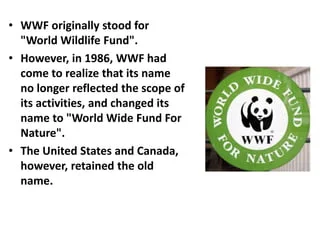Global Wildlife Populations Decline by 73% in 50 Years
Why in the news?
The World Wildlife Fund’s report highlights alarming declines in global wildlife populations, driven by habitat loss, climate change, and invasive species, with significant impacts on ecosystems.
About the Global Wildlife Decline:
- Decline Overview: The World Wildlife Fund’s biennial Living Planet Report reveals a staggering 73% decline in monitored global wildlife populations over the past 50 years.
- Contributing Factors: Major causes include habitat loss, climate change, invasive species, and pollution. Freshwater populations experienced the most significant drop, at 85%, followed by terrestrial (69%) and marine populations (56%).
Vulture Species in India:
- Vulture Population Decline: In India, three vulture species—white-rumped vulture, Indian vulture, and slender-billed vulture—are declining at alarming rates.
- Research Basis: The report is based on data from 35,000 population trends and 5,495 species, including amphibians, mammals, birds, fish, and reptiles.
Ecosystem Implications:
- Ecosystem Functions at Risk: The decline of wildlife populations jeopardises essential ecosystem functions, such as seed dispersal, pollination, and nutrient cycling.
- Cumulative Impacts: The report warns that such declines could lead to tipping points in ecosystems, resulting in far-reaching consequences for biodiversity and environmental health.
About Living Planet Report:
- Publisher: Released biennially by the World Wide Fund for Nature (WWF).
- Purpose: Comprehensive study on trends in global biodiversity and planetary health.
- Edition: The 2022 report is the 14th edition.
- Significance: WWF’s flagship publication, tracking changes in wild species populations worldwide.
- Data Updates: Includes 838 new species and 11,011 new populations added since the 2020 report.
- Notable Increase: Significant rise in the number of fish species, with 481 new entries included in the dataset.
Sources Referred:
PIB, The Hindu, Indian Express, Hindustan Times




